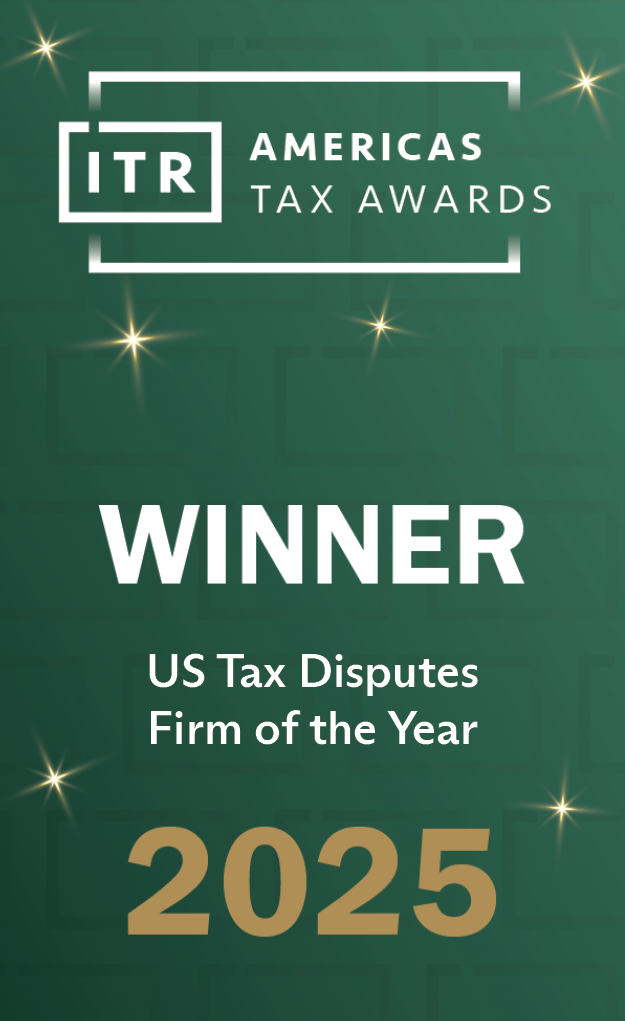Presented below is our summary of significant Internal Revenue Service (IRS) guidance and relevant tax matters for the week of January 3, 2023 – January 6, 2023.
January 3, 2023: The IRS released Internal Revenue Bulletin 2023-1, which highlights the following:
- Revenue Procedure 2023-1: This contains the revised procedures for letter rulings and information letters issued by the different offices of the Associate Chief Counsel. This procedure also contains the revised procedures for determination letters issued by the Large Business and International (LB&I) Division, the Small Business/Self Employed Division, the Wage and Investment Division and the Tax Exempt and Government Entities (TE/GE) Division.
- Revenue Procedure 2023-2: This procedure explains when and how an associate office within the Office of Chief Counsel provides technical advice conveyed in technical advice memoranda (TAM). It also explains the rights a taxpayer has when a field office requests a TAM.
- Revenue Procedure 2023-3: This procedure provides a revised list of areas of the Internal Revenue Code (IRC) under the jurisdiction of the Associate Chief Counsel offices of Corporate, Financial Institutions and Products, Income Tax and Accounting, Passthroughs and Special Industries, Procedure and Administration, Employee Benefits, Exempt Organizations and Employment Taxes. These relate to matters in which the IRS will not issue letter rulings or determination letters.
- Revenue Procedure 2023-4: This document provides guidance relating to the types of advice the IRS provides to taxpayers on issues under the jurisdiction of the TE/GE Division, Employee Plans Rulings and Agreements and the procedures that apply to requests for determination letters and private letter rulings.
- Revenue Procedure 2023-5: This provides the procedures for issuing determination letters on items under the jurisdiction of the Director, Exempt Organizations Rulings and Agreements.
- Revenue Procedure 2023-7: This procedure provides the areas under the jurisdiction of the Associate Chief Counsel International in which rulings will not be issued.
January 3, 2023: The IRS encouraged taxpayers to review the Taxpayer Bill of Rights, which may help resolve filing season questions. Each month, Tax Tips will focus on one of the 10 categories of taxpayer rights.
January 3, 2023: The IRS issued Revenue Procedure 2023-10, which prescribes the loss payment patterns for the 2022 determination year and the discount factors for the 2022 accident year for use by insurance companies in computing discounted unpaid losses under Section 846 and discounted estimated salvage recoverable under Section 832.
January 4, 2023: The IRS reminded taxpayers that final 2022 quarterly estimated tax payments are due January 17. The IRS recommends for taxpayers who earn or receive income not subject to tax withholding, such as self-employed individuals or independent contractors, to pay their taxes quarterly.
January 5, 2023: The IRS released its latest executive column in A Closer [...]
Continue Reading
read more


 Subscribe
Subscribe




